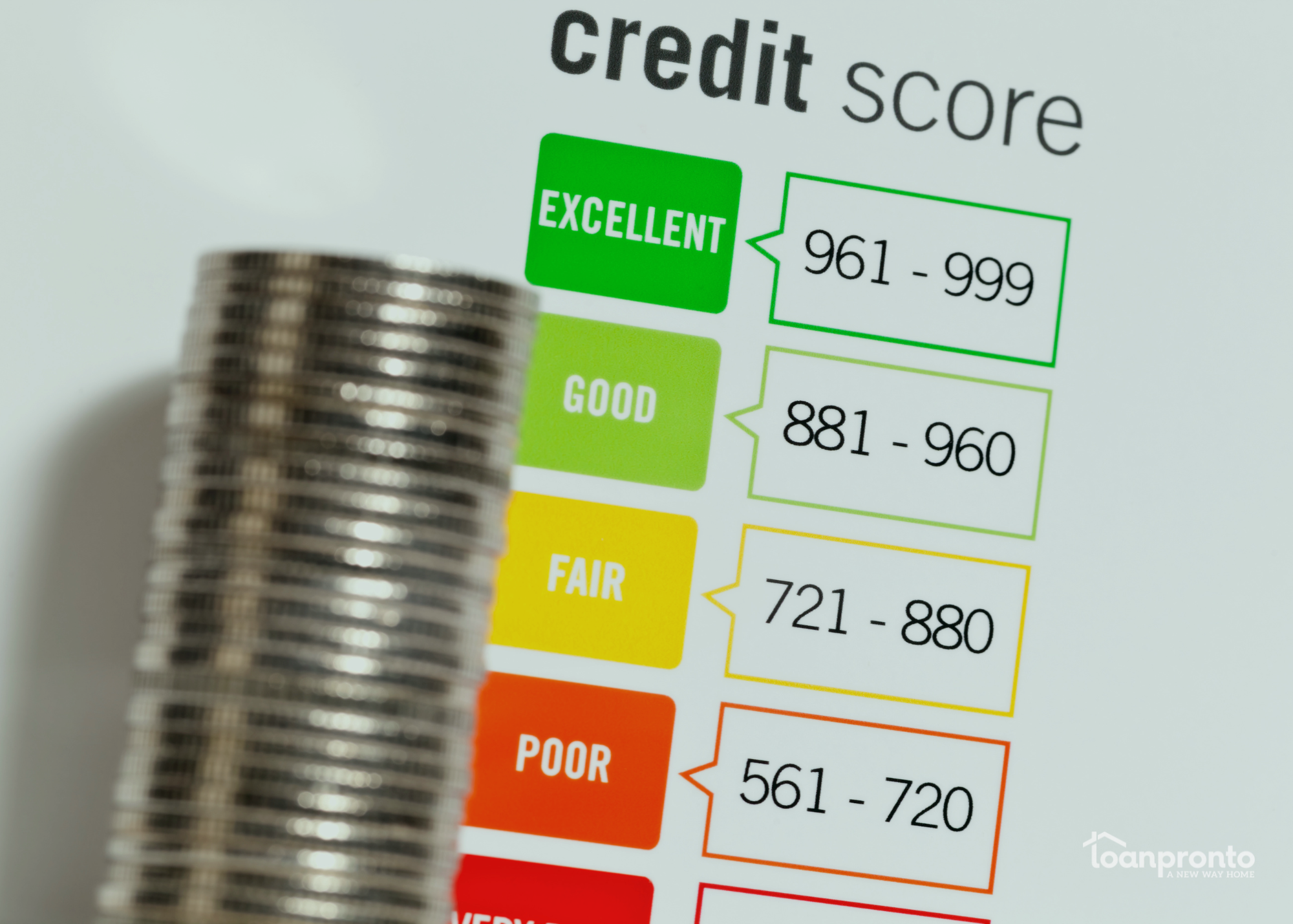Key Takeaways
-
Mortgage inquiries within 45 days count as one, which protects your credit while rate shopping.
-
Prequalification uses a soft pull, letting buyers explore options without score impact.
-
Maintaining low debt and avoiding new credit strengthens your approval odds.
-
Smart timing and preparation help you get the best mortgage rate without lowering your credit score.
When you start shopping for a mortgage, understanding how mortgage shopping affects your credit is essential. Many buyers worry that mortgage rate shopping will harm their score, but the truth is that you can compare lenders, find the best mortgage rate, and still protect your credit. By using the right timeline and strategy, you can secure a competitive loan offer without lowering your financial profile.
How Mortgage Shopping Impacts Your Credit
Mortgage lenders review your financial history through a hard credit inquiry. This inquiry helps them evaluate your eligibility and determine your potential interest rate. A single hard pull may lower your score slightly, but the effect usually disappears quickly.
However, problems can arise when buyers spread multiple mortgage applications over several months. Those repeated inquiries can add up because each one signals new credit activity.
Yet major credit scoring models offer protection for mortgage shoppers. All mortgage-related inquiries completed within a 45-day window count as one. This rule lets you compare lenders freely, but timing matters.
Prequalification vs. Preapproval
Understanding the difference helps you avoid unnecessary credit impact early in your search.
| Stage | Credit Check Type | Score Impact | Purpose |
| Prequalification | Soft inquiry | None | Gives an estimate of what you may qualify for |
| Preapproval | Hard inquiry | Small, temporary impact | Provides verified income, credit, and loan details |
Start with prequalification while exploring your options. Then move to preapproval once you are ready to make an offer on a home.
How to Shop for a Mortgage Without Hurting Your Credit
Use the steps below to compare lenders efficiently and protect your score.
1. Shop Within a 45-Day Window
Submit preapproval applications during the same period. Credit bureaus treat these inquiries as one, allowing you to compare multiple offers without multiple score reductions.
2. Get Prequalified First
Prequalification gives you rate estimates without a hard pull. Many lenders provide instant online prequalification tools.
3. Avoid New Credit Accounts
New credit cards, auto loans, or personal loans add hard inquiries and may raise your debt-to-income (DTI) ratio. A higher DTI can limit how much you qualify for.
4. Review Your Credit Report Early
Check your report before applying. Correct any inaccuracies related to personal information, accounts, or payment history. You can review your report weekly for free at AnnualCreditReport.com.
5. Pay Down Debt Before Applying
Lower balances improve both your credit score and your DTI ratio. Focus on credit cards or large installment loans that inflate monthly expenses.
Tips to Improve Your Credit Score Before You Apply
Your credit score influences your mortgage interest rate more than any other factor. With a higher score, you can save thousands over the life of your loan. Strengthen your score by following these steps:
| Credit-Improvement Strategy | Why It Matters |
| Make on-time payments | Payment history carries the most weight in scoring models |
| Reduce credit card balances | Lower utilization improves your score quickly |
| Avoid opening or closing accounts | New accounts or closures can temporarily reduce your score |
| Consider becoming an authorized user | A strong credit line can give your score a helpful boost |
Smart Mortgage Shopping Won’t Hurt Your Credit
A strong strategy lets you compare lenders confidently. Start with prequalification, time your preapprovals within the 45-day window, and maintain healthy credit habits. Once you are ready to move forward, partner with a trusted mortgage professional who can guide you through preapproval and help you secure the best rate without unnecessary credit impact.
FAQs About Hard Credit & Soft Credit Pulls
No SSN required. Zero impact to credit. Your Information is never sold.



